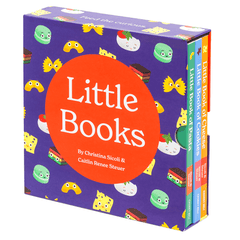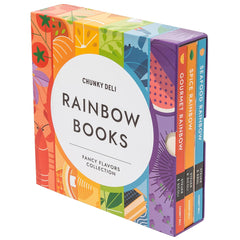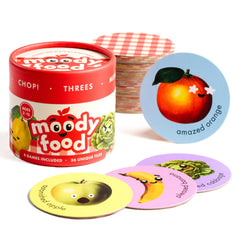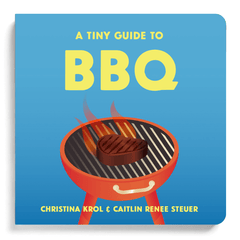As parents, caregivers, and educators, we're always on the lookout for resources that not only entertain but also genuinely enrich a child's early development. While the alphabet and numbers are foundational, introducing diverse and intriguing subjects early on can spark a lifelong love of learning. That's where fungi for kids comes in, offering a unique gateway to the wonders of the natural world.
Why Early STEM Exposure Matters
The acronym STEM (Science, Technology, Engineering, and Mathematics) might sound intimidating for toddlers, but at its core, it's about fostering critical thinking, problem-solving, and curiosity. Early childhood STEM isn't about memorizing facts; it's about encouraging exploration and asking "why?" When children are exposed to STEM concepts from a young age, they develop essential skills that extend far beyond the classroom, building a strong foundation for future learning.
Fostering Curiosity with Nature's Hidden Gems
Nature is the ultimate classroom, and what better way to introduce its mysteries than through books? Specifically, nature-themed books, especially those about fungi, can ignite a child's sense of wonder. Fungi, with their incredible diversity of shapes, sizes, and colors, are naturally captivating. Introducing mushrooms to kids through engaging stories and vibrant illustrations helps them develop crucial observation skills and an appreciation for the often-overlooked parts of our ecosystem. It teaches them that science is all around us, even in the smallest of organisms.
The Power of Board Books for Little Hands
When it comes to young children, the format of a book is just as important as its content. Board books are invaluable tools for early learning due to their inherent developmental benefits. Their durability means they can withstand enthusiastic handling, chewing, and repeated readings. The thick pages are easy for small hands to turn, promoting fine motor skills. Moreover, their tactile experience and visual engagement through bright, simple illustrations are perfect for holding a young child's attention and making learning a joyful experience.
Fun Activities to Do with a Fungi Book
A fungi book isn't just for quiet reading time; it's a springboard for engaging activities! Here are a few ideas to bring the world of mushrooms to life for your child:
-
Mushroom Hunt in the Garden: After reading, head outside to your backyard or a local park. Can you spot any real mushrooms? Talk about their colors and shapes, just like in the book. (Always emphasize looking, not touching or picking, unless supervised by an expert.)
-
Color and Shape Exploration: Point out the different colors and shapes of the fungi in the book. "This one is red like a berry!" or "Look, this mushroom has a triangle shape!"
-
Creative Play: Encourage your child to draw their own mushrooms or use playdough to sculpt different fungi shapes.
-
Story Time Adventures: Make up your own stories about the fungi characters in the book. Where do they live? What adventures do they have?
"Little Book of Fungi": Where Learning Gets Adorable
One of the standout features of books like the "Little Book of Fungi" is its approach to making complex topics accessible and fun. By giving a cute nickname for each fungi, it transforms potentially unfamiliar scientific names into memorable characters. This simple yet brilliant technique aids learning by creating a personal connection for the child. It makes remembering different fungi types enjoyable and reinforces early literacy skills through repetition and association. Imagine your child excitedly pointing to a "Sleeping Slime Mold" or a "Wobbly Wobblecap"!
Ready to spark your child's inner mycologist? Discover the "Little Book of Fungi" today and begin your family's journey into the amazing world of mushrooms!









